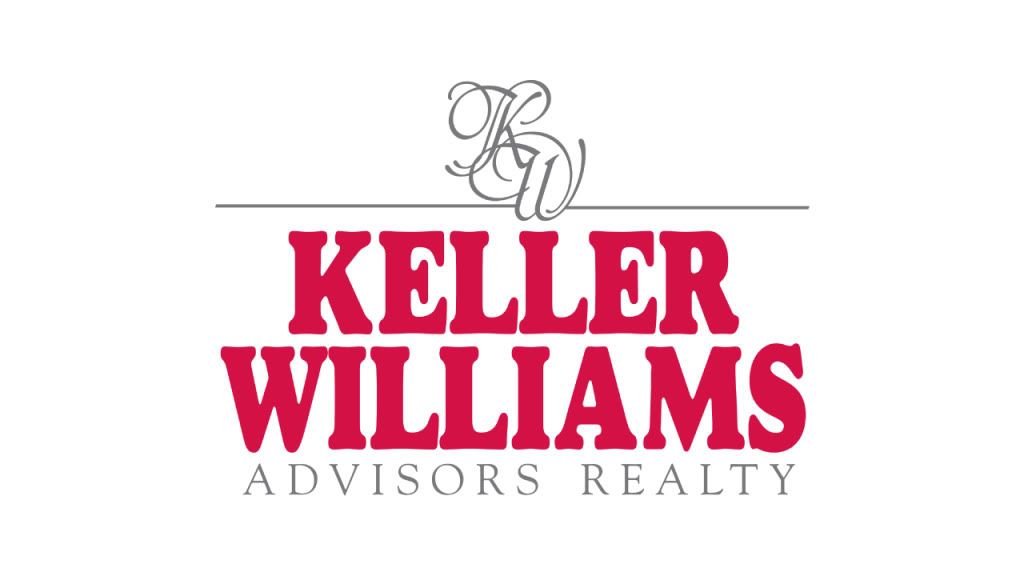Watch on your mobile device >>
The only way to raise a credit score is to pay off your debt or at least reduce it to an acceptable level! I recommend paying off high interest rate credit card debt first.They can suck the life out of your finances! As for those, "magic cure" credit repair commercials you hear and see promising a quick fix, their scam is even greater than high interest rate scam your credit card company is charging you!
What steps do you need to take to build your credit score to the highest level possible? How can you secure a mortgage with a lower interest rate? Use my common sense guidelines provided below to get rid of the debts that have reeked havoc on your chances for a lower-interest mortgage on your dream home.
1.) Pay Your Bills on Time – All the Time!
I know, I know – this isn’t always easy. But, lenders of all kinds look for reliability on your part. Since loaning money is a risk for them, they look for signs that you have a reliable income and the discipline to pay your bills over time. When they see those signs, they say to themselves, “Hmmm, this person looks like a good risk to me; therefore, he or she deserves a lower interest rate.”
People sometimes open credit card accounts in order to increase their available credit. Absolutely avoid this temptation! It’s simply too darned easy to charge for items you don’t really need, and, before you know it, you’re back in debt or have increased it to an unreasonable degree.
3.) Budget, Budget, Budget!
Financially, this is possibly the most “unsexy” task there is, and yet it’s the most vital and important one you can possibly undertake! YOU need to figure out where you stand financially. Budgeting will allow you to get rid of debt, improve your credit score, and shape a low interest rate financial future for you!
4.) How Much Debt is Too Much?
Here’s the first question to ask yourself in terms of budgeting: How much debt is too much?
Actually, there’s a standard financial formula that allows you to answer that question. This formula is called the debt to income ratio, and what it does is measure your net monthly income against your debt.
Here’s an example:
"George” has a net monthly income of $2000 and his monthly debt payments are $500.
So, to get his debt-to-income ratio, George divides $500 by $2000 and gets this ratio:
500÷2000 =.25 (25%)
Is this a good ratio?
Well, financial experts generally agree that debt expenses should be 25% or less of your income. George’s ratio is reasonable but could be better.So, what’s the ratio of your debt to your income? Figure that out by taking the next step.
5.) Calculate Your Debt-to-Income Ratio
You can answer that question by completing the following tasks:
Task 1: Analyze your bills from the last month. Add up all the fixed expense items (rent, mortgage, car payments, child support, loan payments, etc.)
Task 2: Review your credit card bills and add up the minimum payments owed on each card.
Task 3: Figure out your monthly take-home pay (net salary).
Task 4: Divide your monthly fixed expenses by your monthly income to get your debt-to-income ratio.
What percentage did you get? If it’s 25% or greater, then it’s definitely time to budget in order to reduce or eliminate your debt.
I’d be happy to discuss some more in-depth budgeting tips and provide you with information on mortgages at the same time!









